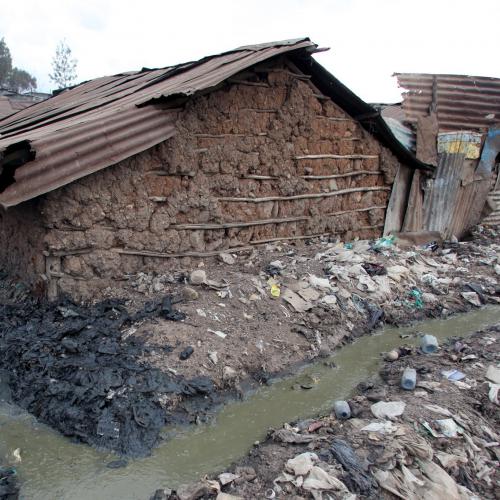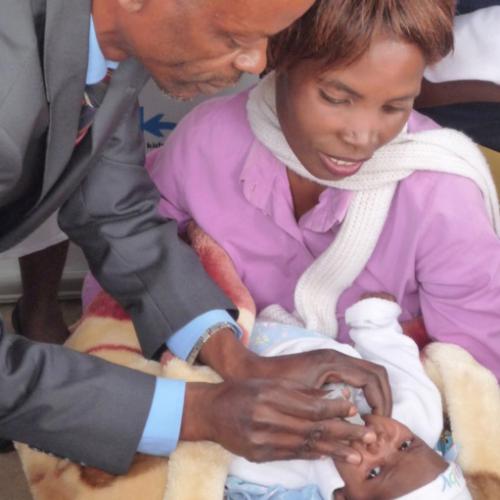Centre for Infectious Disease Research in Zambia
The Centre for Infectious Disease Research in Zambia (CIDRZ) is an independent, local, non-governmental health organisation established in Zambia in 2001. Its experts utilise innovative and collaborative approaches to develop research, health services and training initiatives with measurable results in HIV/AIDS prevention, care and treatment, Tuberculosis prevention and control, women’s health, newborn and child health, community outreach, and health system strengthening/primary care.
In January 2015, SHARE formally welcomed CIDRZ as a partner for our second phase (2015-2018). The initial contribution of CIDRZ focused on creating sanitation demand in urban slums in Lusaka, Zambia. Meanwhile, CIDRZ brought expertise in infant exposure to the rotavirus infection, and also explored the impact of WASH on infection, immunity and improvement in the effect of vaccine seroconversion rates.
CIDRZ works closely with the Government of the Republic of Zambia, through the Ministry of Health, to ensure that the research it conducts is culturally relevant and aligns with national health strategic and resource-allocation plans. CIDRZ' studies aim to improve health systems and healthcare service standards by generating and disseminating the evidence needed to inform clinical practice and promote the delivery of evidence-based strategies, locally, regionally, and globally.



